From the Source: A Discussion with the TTAB About Changes to its Rules
Practical Law will present a free 60-minute webinar that will address the recent amendments to the Trademark Rules of Practice and how they affect TTAB practice and procedure.
The event will be Thursday, Nov. 10, 1-2 p.m. EST.
The program will cover:
* critical amendments to TTAB procedure.
* a discussion about the TTAB’s reasoning behind the amended rules.
* the TTAB’s expectations for compliance with the amended rules.
* a Q&A with senior representatives from the TTAB.
Presenters:
Cheryl Butler, Senior Counsel, USPTO Trademark Trial and Appeal Board
Cheryl Butler is Senior Counsel for TTAB Policy and Procedure and the TBMP Editor. Ms. Butler previously served as an Interlocutory Attorney and, prior to that, as a Trademark Examining Attorney. Ms. Butler received her J.D. from George Mason University School of Law and her B.S. in Geosciences from the University of Arizona.
Michael Webster, Interlocutory Attorney, USPTO Trademark Trial and Appeal Board
Michael Webster currently serves as an Interlocutory Attorney at the TTAB. Prior to joining the Board, Mr. Webster was a Trademark Examining Attorney at the USPTO for over fifteen years. He is a graduate of Regent University School of Law and earned his bachelor’s degree in Economics from Indiana University and an M.B.A. from Robert Morris University.
Uli Holubec, Senior Legal Editor, Practical Law Intellectual Property & Technology (Moderator)
Uli Holubec joined Practical Law from Quinn Emanuel Urquhart & Sullivan LLP, where she was a senior associate and handled a variety of trademark and other intellectual property matters. Uli previously was an intellectual property attorney at White & Case LLP and an intellectual property litigation associate at Lieberman & Nowak, LLP.
Michael Chiappetta, Senior Legal Editor, Practical Law Intellectual Property & Technology (Moderator)
Michael Chiappetta joined Practical Law from Fross Zelnick Lehrman & Zissu, PC, where he was counsel focusing on trademark and copyright litigation. Previously, he was an entertainment litigation associate at Troop Meisinger Steuber & Pasich, LLP in Los Angeles.
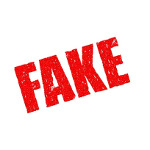
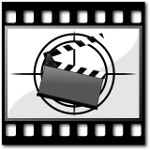
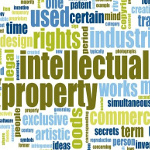
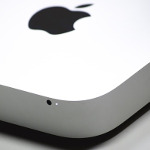 Acacia Research Corp., the largest publicly traded patent-assertion entity, won a $22.1 million verdict against Apple,
Acacia Research Corp., the largest publicly traded patent-assertion entity, won a $22.1 million verdict against Apple, 
 Apple Inc. has asked the U.S. Supreme Court to clear the way for the iPhone maker to secure hundreds of millions in damages from Samsung Electronics Co Ltd in a case over smartphone design patents,
Apple Inc. has asked the U.S. Supreme Court to clear the way for the iPhone maker to secure hundreds of millions in damages from Samsung Electronics Co Ltd in a case over smartphone design patents, 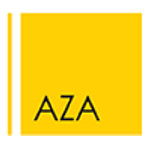 Ahmad, Zavitsanos, Anaipakos, Alavi & Mensing P.C. has been named best in class in patent litigation by Intellectual Asset Management Patent Survey in 2015 and again in 2016 and was named one of the 10 largest IP firms in Houston in 2016 by the Houston Business Journal.
Ahmad, Zavitsanos, Anaipakos, Alavi & Mensing P.C. has been named best in class in patent litigation by Intellectual Asset Management Patent Survey in 2015 and again in 2016 and was named one of the 10 largest IP firms in Houston in 2016 by the Houston Business Journal.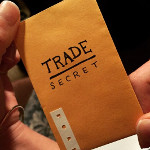 President Obama has signed a bill allowing companies to sue to defend their trade secrets,
President Obama has signed a bill allowing companies to sue to defend their trade secrets,  Eric Schmidt took the witness stand Tuesday in Oracle’s copyright infringement lawsuit against Google, and he gave little ground during some tense exchanges with Oracle’s attorney, reports
Eric Schmidt took the witness stand Tuesday in Oracle’s copyright infringement lawsuit against Google, and he gave little ground during some tense exchanges with Oracle’s attorney, reports